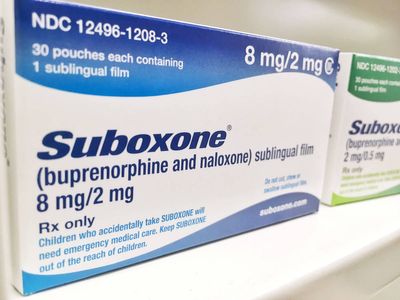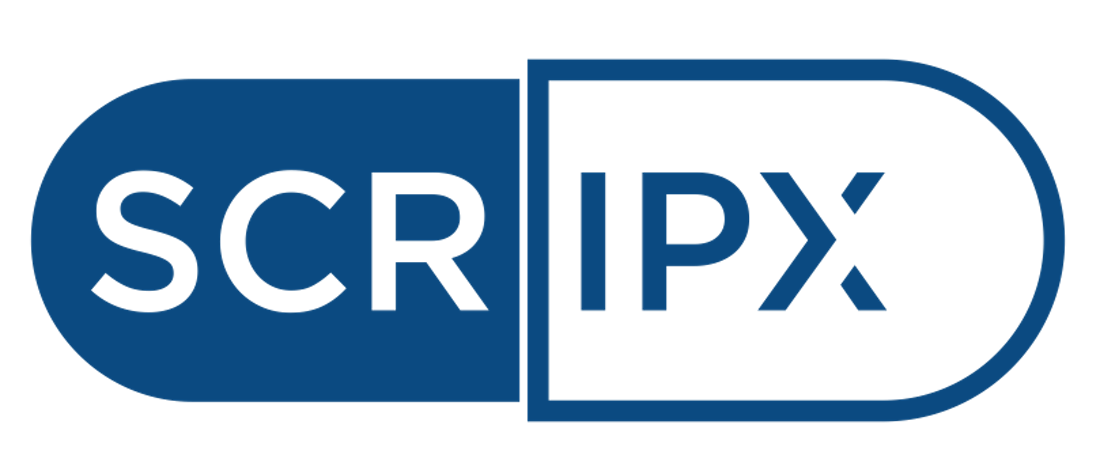
Opioid Use Disorder and Treatment with Suboxone
What is Opioid Use Disorder
Opioid use disorder (OUD) is a medical condition characterized by problematic patterns of opioid use, leading to significant impairment or distress. Opioids are a class of drugs that include prescription pain relievers like oxycodone, hydrocodone, morphine, and illegal substances like heroin. Opioid use disorder can develop from the misuse of prescription opioids, the use of illicit opioids, or even from the misuse of medications prescribed for opioid addiction treatment, such as methadone or buprenorphine.
Symptoms of opioid use disorder may include:
- 1. Uncontrollable cravings for opioids.
- 2. Difficulty controlling opioid use, including using more than intended or for longer periods than prescribed.
- 3. Spending a significant amount of time obtaining, using, or recovering from the effects of opioids.
- 4. Continuing to use opioids despite experiencing negative consequences, such as health problems, relationship issues, or legal troubles.
- 5. Developing a tolerance to opioids, requiring higher doses to achieve the desired effects.
- 6. Experiencing withdrawal symptoms when attempting to cut down or stop opioid use.
Opioid use disorder is a chronic condition that can have severe consequences for physical health, mental well-being, and social functioning. However, it is treatable with evidence-based approaches, including medication-assisted treatment (MAT) with medications like methadone, buprenorphine, or naltrexone, as well as counseling, therapy, and support services.
If you or someone you know is struggling with opioid use disorder, it's essential to seek help from a qualified healthcare professional or addiction treatment provider. With the right support and treatment, recovery is possible.
What is Suboxone
Suboxone is a prescription medication used to treat opioid addiction. It contains two active ingredients: buprenorphine and naloxone.
Buprenorphine is a partial opioid agonist, which means it activates the same receptors in the brain that opioids do but to a lesser extent. This helps reduce withdrawal symptoms and cravings associated with opioid addiction. However, because it's a partial agonist, it has a ceiling effect, meaning its effects plateau at a certain dose, reducing the risk of overdose.
Naloxone is added to Suboxone to deter misuse. Naloxone is an opioid antagonist, which means it blocks the effects of opioids and can reverse opioid overdose. If Suboxone is injected or misused intravenously, naloxone can precipitate withdrawal symptoms in opioid-dependent individuals, discouraging misuse.
Suboxone is typically administered as a sublingual film or tablet placed under the tongue and allowed to dissolve. It's often used as part of a comprehensive treatment program for opioid addiction, which may include counseling, therapy, and other support services.
Online OUD treatment
As of my last update in January 2022, regulations regarding online Suboxone treatment vary depending on the country and sometimes even within regions of the same country. While some countries and states have allowed for telemedicine services for Suboxone treatment, others may have stricter regulations requiring in-person visits for initial assessments and prescription.
However, with the increasing acceptance and adoption of telemedicine, especially due to the COVID-19 pandemic, some healthcare providers and clinics have started offering online Suboxone treatment in certain jurisdictions. This typically involves virtual appointments with a healthcare provider who is authorized to prescribe Suboxone. The process may include initial assessments, follow-up appointments, counseling sessions, and prescription management, all conducted remotely via video conferencing or telecommunication platforms.
If you're interested in online Suboxone treatment, it's essential to research the regulations and guidelines in your specific area and ensure that you're consulting with a licensed healthcare provider who has the necessary authorization to prescribe Suboxone through online channels. Additionally, it's crucial to verify the credentials and legitimacy of any online clinics or providers offering such services to ensure your safety and well-being.
Companies that treat OUD
Workit Health is another example of a telemedicine platform that provides online treatment for opioid addiction, including Suboxone treatment. Similar to Bicycle Health, Workit Health offers a comprehensive approach to medication-assisted treatment (MAT) for opioid use disorder.
Workit Health's platform typically includes virtual appointments with licensed healthcare providers who specialize in addiction medicine. Patients can access these appointments via video conferencing or other telecommunication tools, allowing them to receive care from the convenience of their homes.
In addition to medication management, Workit Health often integrates various support services into its program, such as counseling, therapy, peer support groups, and educational resources. These services aim to address the psychological, social, and behavioral aspects of opioid addiction, providing a holistic approach to recovery.
Like other telemedicine platforms, Workit Health strives to increase access to evidence-based treatment for opioid addiction by leveraging technology and removing barriers to care. However, individuals considering Workit Health or similar platforms should conduct thorough research, verify the credentials of healthcare providers, and ensure that the services offered align with their specific needs and preferences. It's also important to consult with healthcare professionals to determine the most appropriate treatment plan for opioid addiction.
